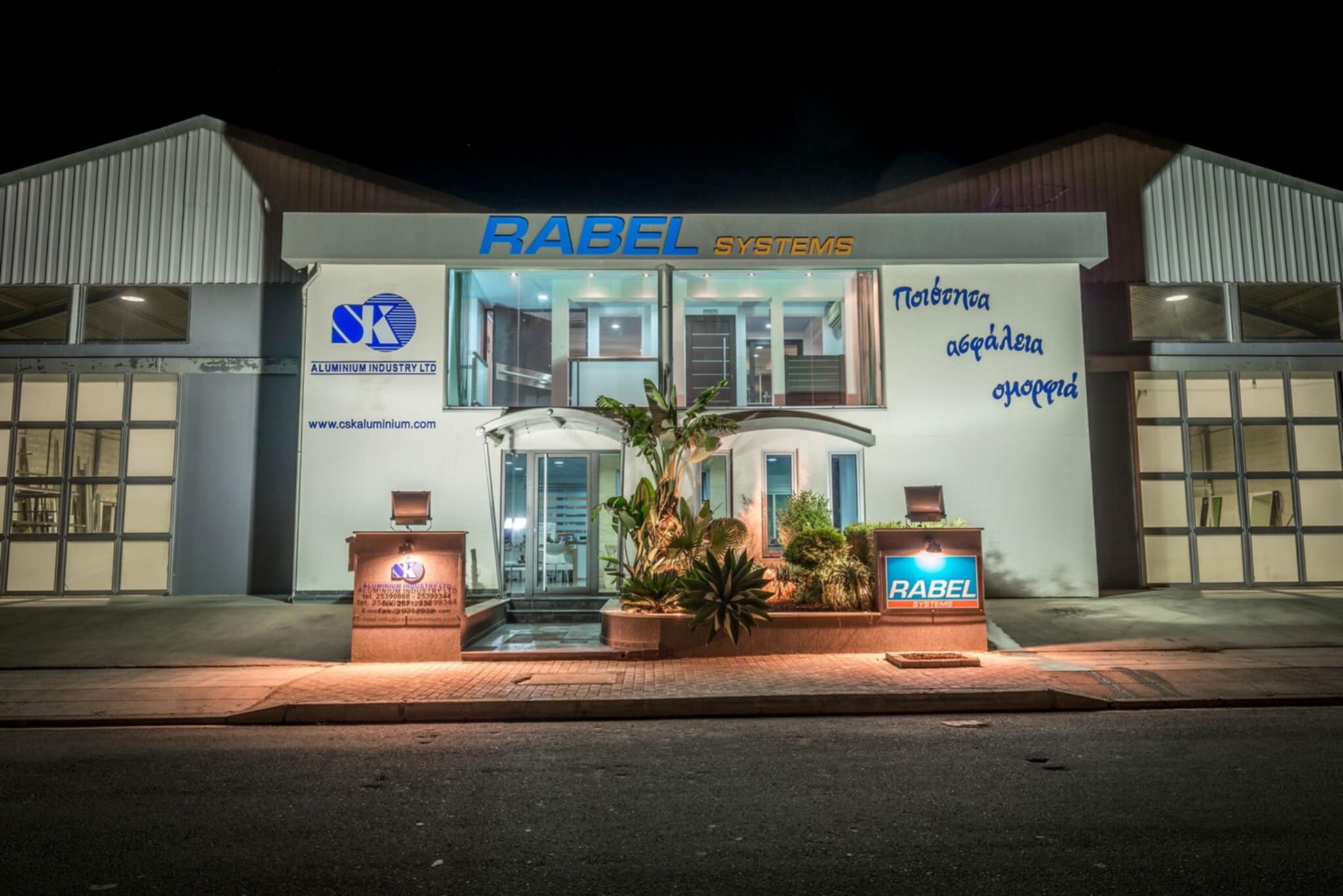As threatening bank letters are sent to borrowers who cannot obtain title deeds to their properties, the realisation is setting in that decades of diligently paying loans may in the end mean nothing, while the government is accused of looking on idly.
For years, so-called trapped buyers have been promised schemes, special courts, support and ways out of their predicament for which they were not to blame in the first place.
It was said in parliament this week there are still approximately 10,000 trapped buyers who fell victim to bad practices, but the figure could be much higher.
They cover a broad spectrum of cases. Some title deeds have not been issued because the properties never received their final planning approvals or building permits because they deviated from the original plan. Others are withheld by the banks because there are outstanding developer mortgages on the land even though the property owners paid for their homes in full. And then, there are the buyers saddled with developer debts because the banks are unable to get their money back from the developers.
These and other reasons have left buyers unable to obtain title deeds, making it impossible to sell or transfer their property. Thus, they are trapped.
FD is one trapped buyer whose title deed was issued after years of struggle. The deed was withheld on both building permit grounds and because of a developer mortgage. But she is still in danger of losing her home and is contemplating legal measures against the banks.
The reason? She has to pay a share of her developer’s mortgage, and although she is still paying her instalments, the excessive bank fees and increasing interest rates mean she cannot guarantee her loan will remain performing. Therefore, she may be included in the foreclosure category, in which case she says she will not be entitled to sue.
“When someone’s account is in the red, they take their home,” FD explained.
FD said the borrowers whose property was foreclosed “can sue the state locally and – when they lose – they can then take their case to European courts, however most people cannot afford this course of action.”
Disy MP Averof Neophytou said last November that the government of Nicos Anastasiades had given the banks the authority to foreclose property before court proceedings had been completed.
He explained that the European Central Bank was breathing down the government’s neck to do something about the fact that trials were taking up to ten years, otherwise the banks’ collateral would be considered of zero value.
So, in July 2018 the House passed the government bill on foreclosures, which if rejected would have led to “a haircut worse than that of 2013”, he said.
“It was a mistake,” Neophytou admitted.
Buyers feel their rights have been violated, they have been treated unfairly and have been left exposed.
Solomon Solomou from Limassol last week posted a series of videos on Facebook in which explains how he went from a good customer to being evicted from the 228m² house he purchased from a developer in 2008.

In the videos, walking through his empty house for the last time, Solomou says the property was bought based on his income from his business at the time – CS&K Aluminium Industry Ltd – and he had not missed an instalment up until 2014, when he buckled under the weight of the financial crisis and the 2013 haircut.
After that, he went through restructuring from 2015 to 2017, sent a letter to the bank in 2017 relinquishing his house, the bank rejected the letter and instead his interest rates and charges skyrocketed. In 2018 he took out a loan to cover the missed instalments and subsequently found himself back at square one.
In the meantime, he obtained the final planning approval for the house, after which “the bank sued me, took possession of my house and evicted me and my family. They also closed my factory for €30,000 because it was part of the guarantee/collateral, even though I could have paid off the loan,” he said.
Solomou said what had happened to him was equivalent to being made a refugee by his own people and blamed the political leadership, the government and all those involved.
On Wednesday, banks and credit institutions voiced strong opposition to a new bill to unblock long-stalled title deeds for thousands of homeowners, telling the House legal committee that the proposal granted affected buyers access to the courts.
But Interior Minister Constantinos Ioannou, who attended the session, defended the bill, saying it was “the best possible solution”.
Official figures presented at the meeting show that 9,497 buyers remain trapped in limbo. Of these, 5,417 have no title deeds at all, largely due to missing final town planning or building permits. Most of the remaining 4,080 cases involve buyers who have paid in full but cannot obtain title deeds because developers have outstanding mortgages on the land the properties were built on.
Committee chairman Nikos Tornaritis said the committee would now be seeking guidance from the Supreme Court on judicial timelines.
Cyprus has faced repeated criticism from EU institutions over the unresolved title deed saga.
According to EU directive EC 93-13, “a contractual term which has not been individually negotiated shall be regarded as unfair if, contrary to the requirement of good faith, it causes a significant imbalance in the parties’ rights and obligations arising under the contract, to the detriment of the consumer […] The fact that certain aspects of a term or one specific term have been individually negotiated shall not exclude the application of this Article to the rest of a contract…”
Trapped buyers feel the government and parliament are preparing “yet another monstrosity” to show the EU that they are protecting them as property owners.
“This is always their aim – to throw dust in the eyes of the EU that they are protecting consumers, take a few consumers and protect them without the banks losing anything, the state assuming the burden but in this way the taxpayers are still paying for the excessive charges,” another trapped buyer said.
Speaking to the Cyprus Mail, KG gave his own opinion about what happened and how things came this far.
“There were a lot of people buying property under construction and paid the developer in good faith, either by getting a loan from the bank that had funded the project or from another bank.
“The banks paid the developer on behalf of the buyer but never made sure that the developer had paid off his own loan beforehand.
“What they did was they paid the developer the money received from the buyers, in many cases feeding them with new loans for new projects.
“At some point, all these developers with the blessing of the banks made off with the people’s money.
“The land on which the houses and apartments were built remained mortgaged to the developers and separate title deeds were not issued because of town planning issues.
“The developers themselves in some cases did not apply for a building permit or – if they did – separate title deeds were issued first in their name, as long as no issues were pending,” he added.
“However, the houses and apartments remained the property of the developers, while the land they were built on was mortgaged.
“If some owners of such investments did not make a move to receive title deeds, they remain trapped till today,” KG said.
He added that there were various categories of trapped buyers.
He said there were trapped buyers who did not receive a final building permit approval.
“The developer built something as he wished, took the money from the buyers and left them hanging, disappeared. Then, there are trapped buyers who have received their building permit and there is a separate title deed in the name of the developer,” he explained.
KG added that an effort to solve the problem and put things right was made in 2015 by the late Interior Minister Socratis Hasikos when the House passed a law on issue of developer mortgages. “But the banks surprise-surprise overturned the decision and have been sending letters to people, even those who have paid off their mortgage, demanding that they also pay off part of the developers’ debts.”
The head of the land registry had been granted the authority to exempt, eliminate, transfer and cancel mortgages and or other encumbrances, depending on the case and under certain conditions, as the state sought to sort out the title deed mess.
In July 2018, banks and the legislature struck a gentlemen’s agreement aiming to resolve the matter. In exchange for MPs approving legislation, making it easier for banks to collect their dues, the banks association agreed not to raise any objections over the issue of buyers trapped without title deeds as long as the transaction was done in good faith.
One now has to wait and see how discussions on the new proposed legislation, will go and whether MPs will succumb to pressure or send the bill to the plenum.






Click here to change your cookie preferences